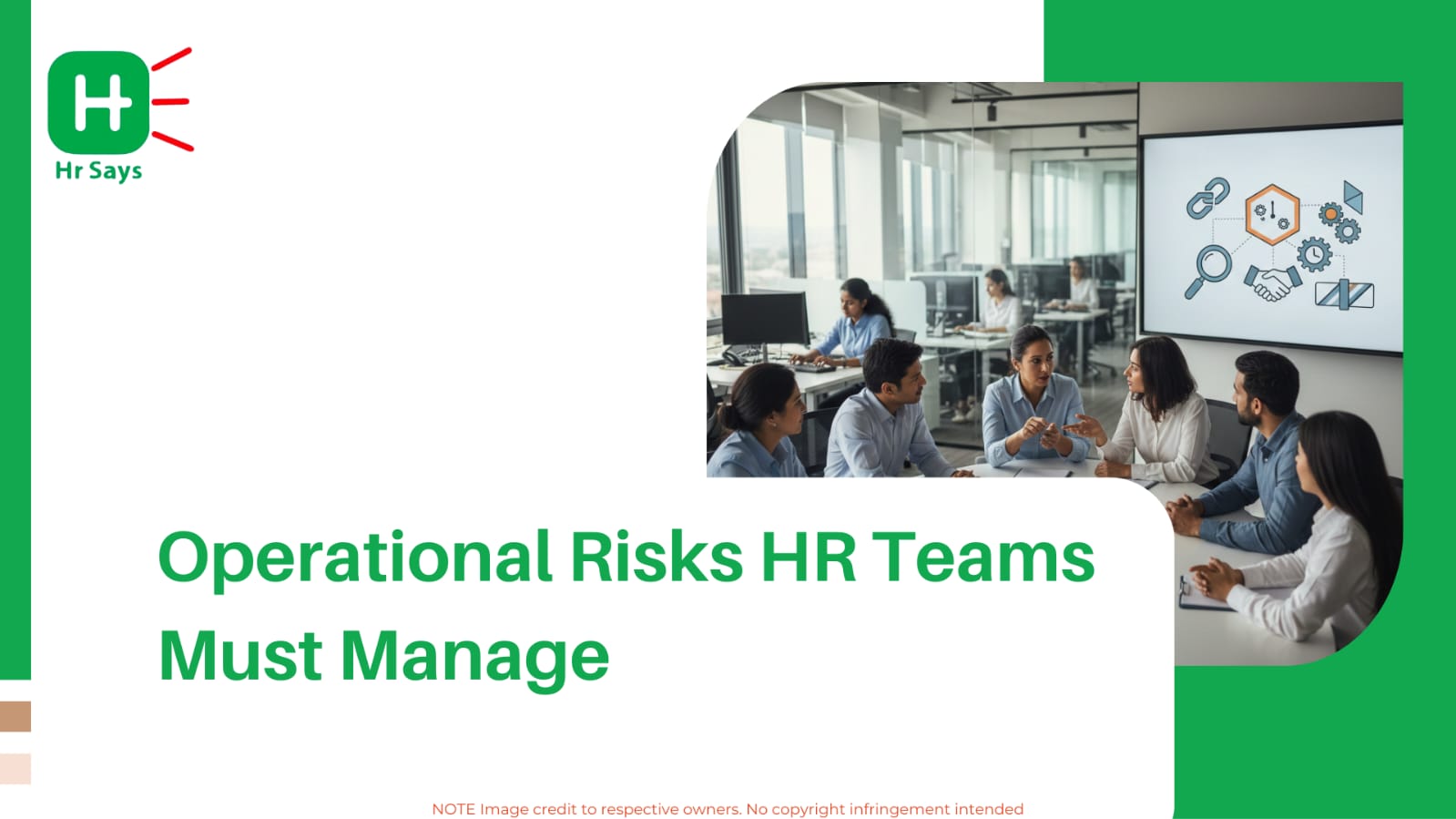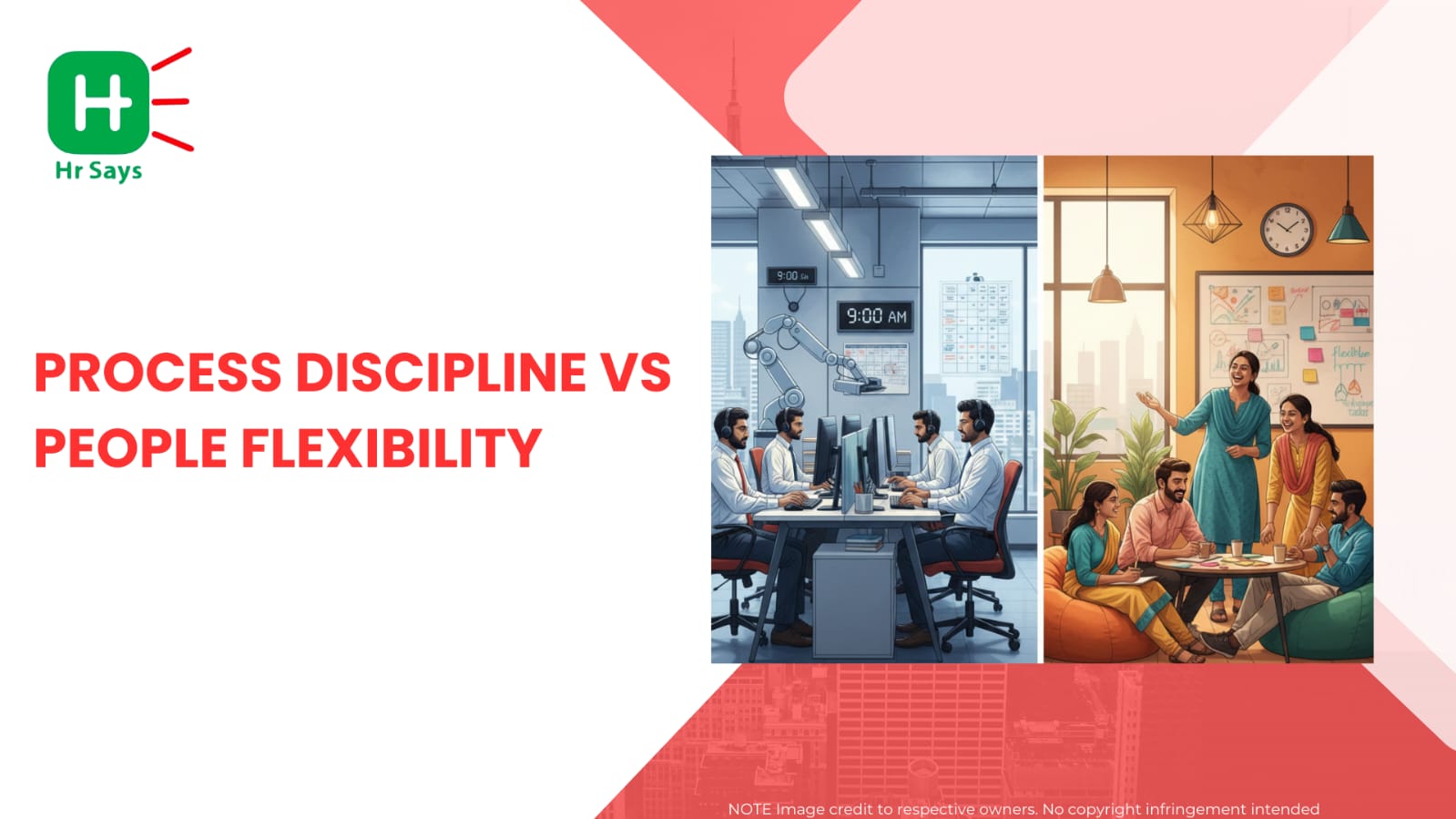What will be the case once full ob times employment becomes a flexible position? The gig economy has transformed the way individuals with access to gig work and how companies employ them. Freelancers to short-term contractors, it is this change that is lining HR teams to reassess their policies, benefits, and their approaches to engage their employees.
Changing Work Dynamics
A digital-driven and flexibly-oriented workforce has not only accelerated going into the gig economy, but also led to it. Companies are recruiting short term talent instead of full-time employees to work on a particular project. This shift impacts the manner of personnel management, performance measurement and compliance of HR.
The independence of work by gig employees provides employees with autonomy, whereas human resource departments are challenged with novel issues. Old fashioned regulations regarding attendance, pay and benefits are little felt. Consequently, there has been a need to have policies that accommodate different work hours, types of contract, and preference of remote work.
Rethinking HR Policies
Modern HR policies are being rewritten to fit this new work structure. HR leaders are shifting focus from control to collaboration, from employment terms to partnerships.
Key areas of change include:
● Compensation and Benefits: Offering fair pay structures, digital payment systems, and access to basic benefits like insurance or health coverage.
● Compliance and Legal Requirements: Ensuring contracts, tax obligations, and data protection laws are properly followed.
● Performance Management: Setting clear goals and outcome-based metrics instead of daily supervision.
● Inclusion and Belonging: Building a sense of connection among gig workers who may never step inside an office.
Technology as an Enabler
Digital HR platforms are helping organizations manage gig workers more effectively. Cloud-based tools track projects, automate onboarding, and maintain transparent communication. AI-driven HR analytics can predict skill gaps and identify high-performing freelancers.
Still, technology alone is not enough. Human judgment remains central to fair treatment, conflict resolution, and maintaining trust between organizations and gig workers.
Workforce Flexibility and Its Impact
The flexibility that defines the gig economy also challenges stability. HR professionals must balance both sides—ensuring operational efficiency while respecting individual autonomy. This means creating policies that support flexible hours, hybrid work setups, and project-based contracts without compromising accountability.
Organizations that adapt quickly can benefit from diverse talent pools, reduced overhead costs, and greater agility. However, without a strong HR foundation, gig engagement can lead to burnout, poor communication, and compliance issues.
The Future of HR in the Gig Economy
The role of HR is shifting from administration to facilitation. HR leaders will need to:
● Redefine workforce planning and talent retention.
● Promote continuous learning and digital skill development.
● Introduce mental health and wellness programs for gig professionals.
● Foster transparent feedback systems and ethical AI in HR decisions.
The future belongs to organizations that treat gig workers not as outsiders but as integral contributors to growth.
Conclusion
The gig economy is not a passing trend. It is reshaping employment structures, pushing HR departments to innovate and modernize. Those who evolve their HR policies to suit this dynamic, flexible model will build stronger, more inclusive workplaces—fit for the future of work.
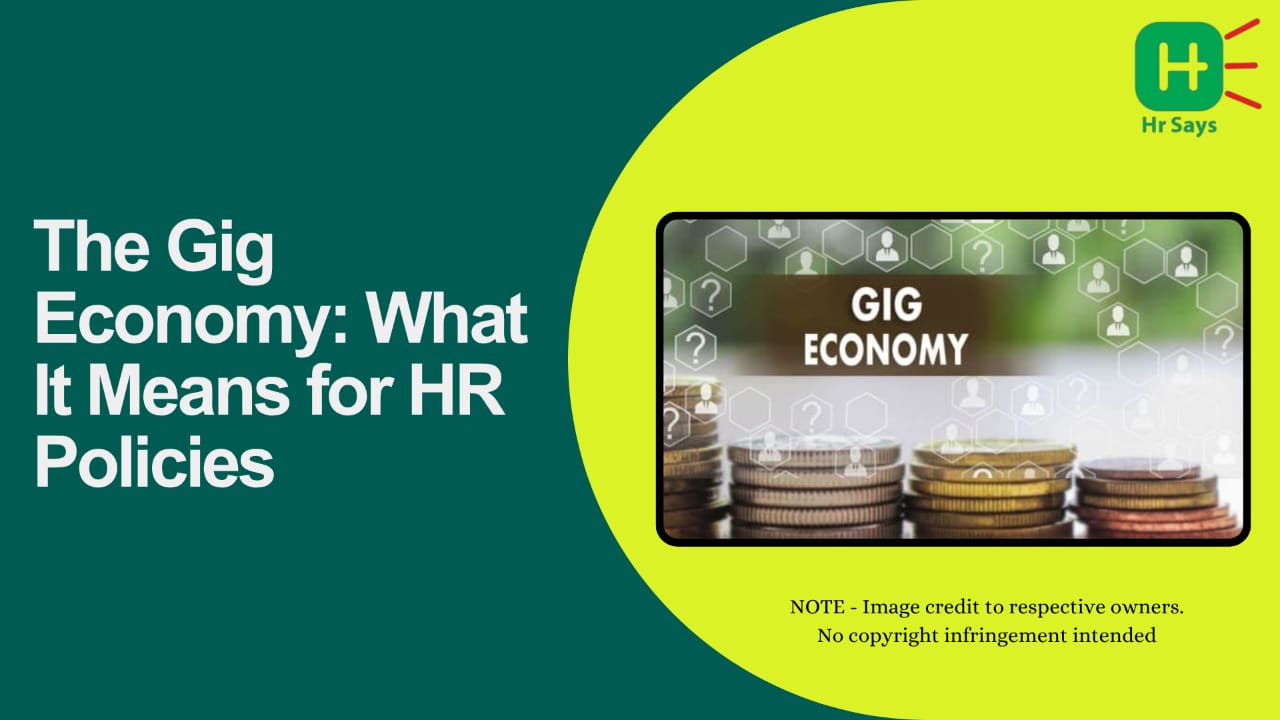
 The blog explores how the gig economy is transforming HR policies. It discusses challenges, digital solutions, and future strategies that HR leaders must adopt to manage flexible workforces effectively while maintaining fairness and compliance.
The blog explores how the gig economy is transforming HR policies. It discusses challenges, digital solutions, and future strategies that HR leaders must adopt to manage flexible workforces effectively while maintaining fairness and compliance.








.jpeg)
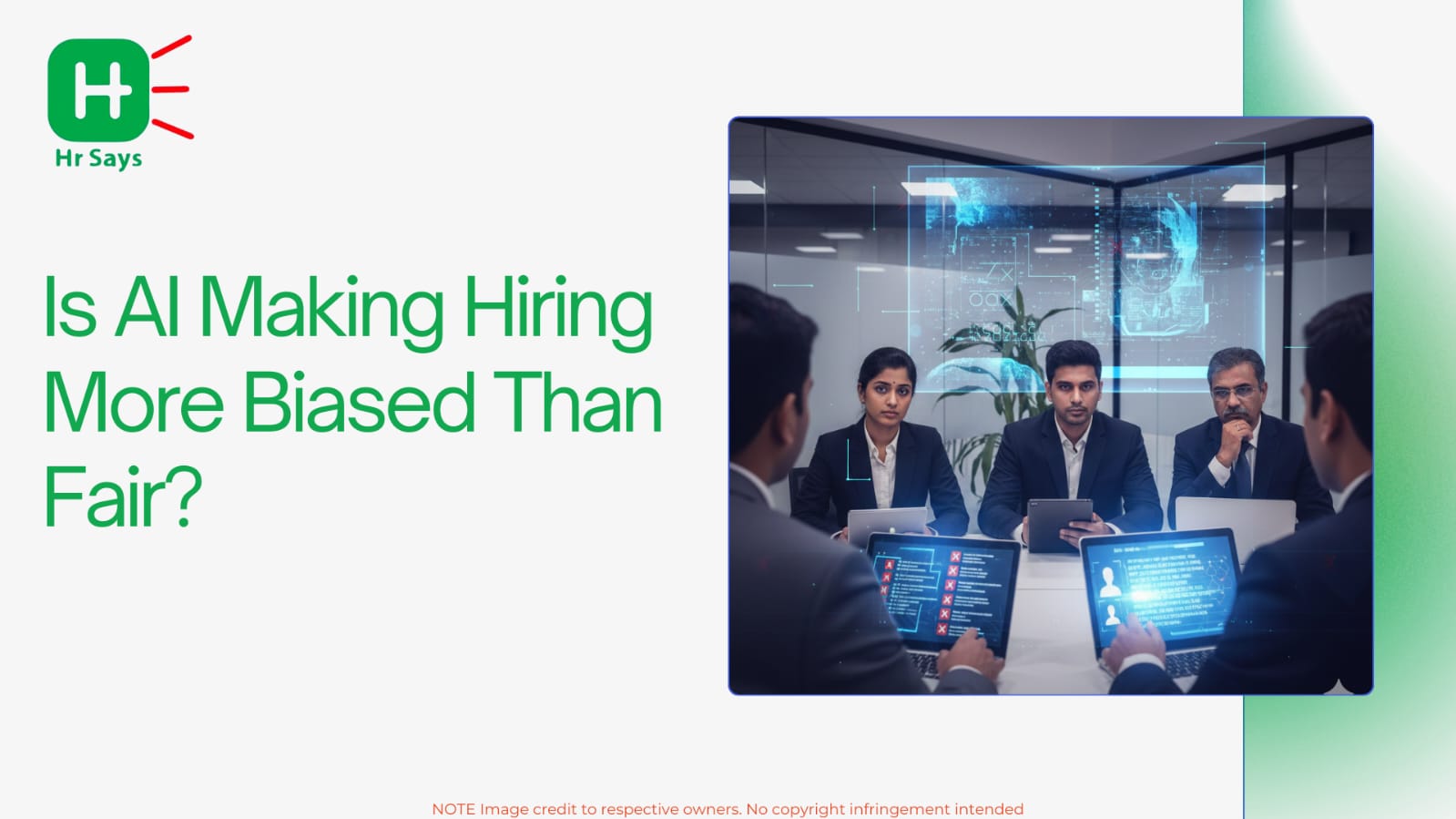
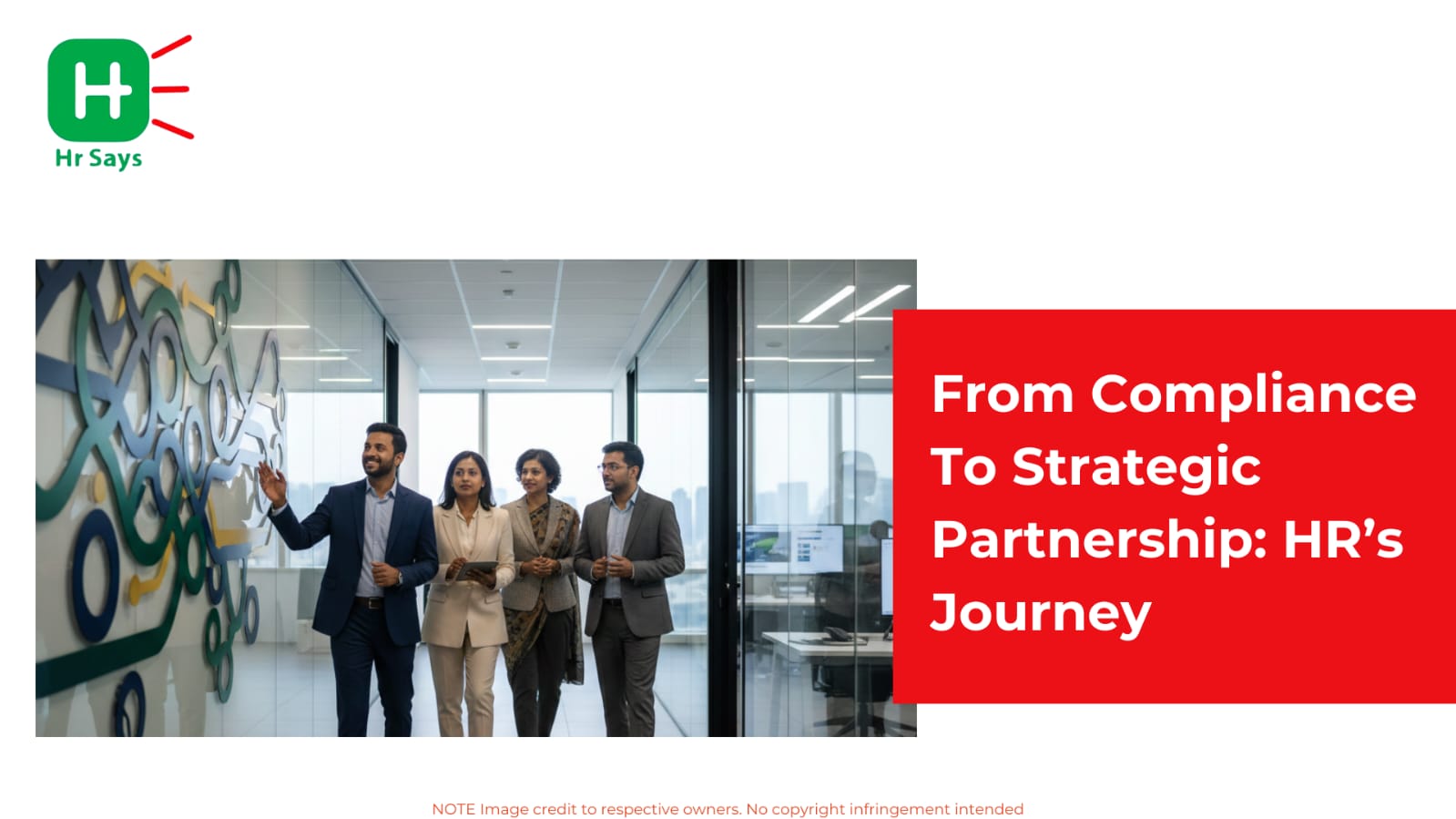
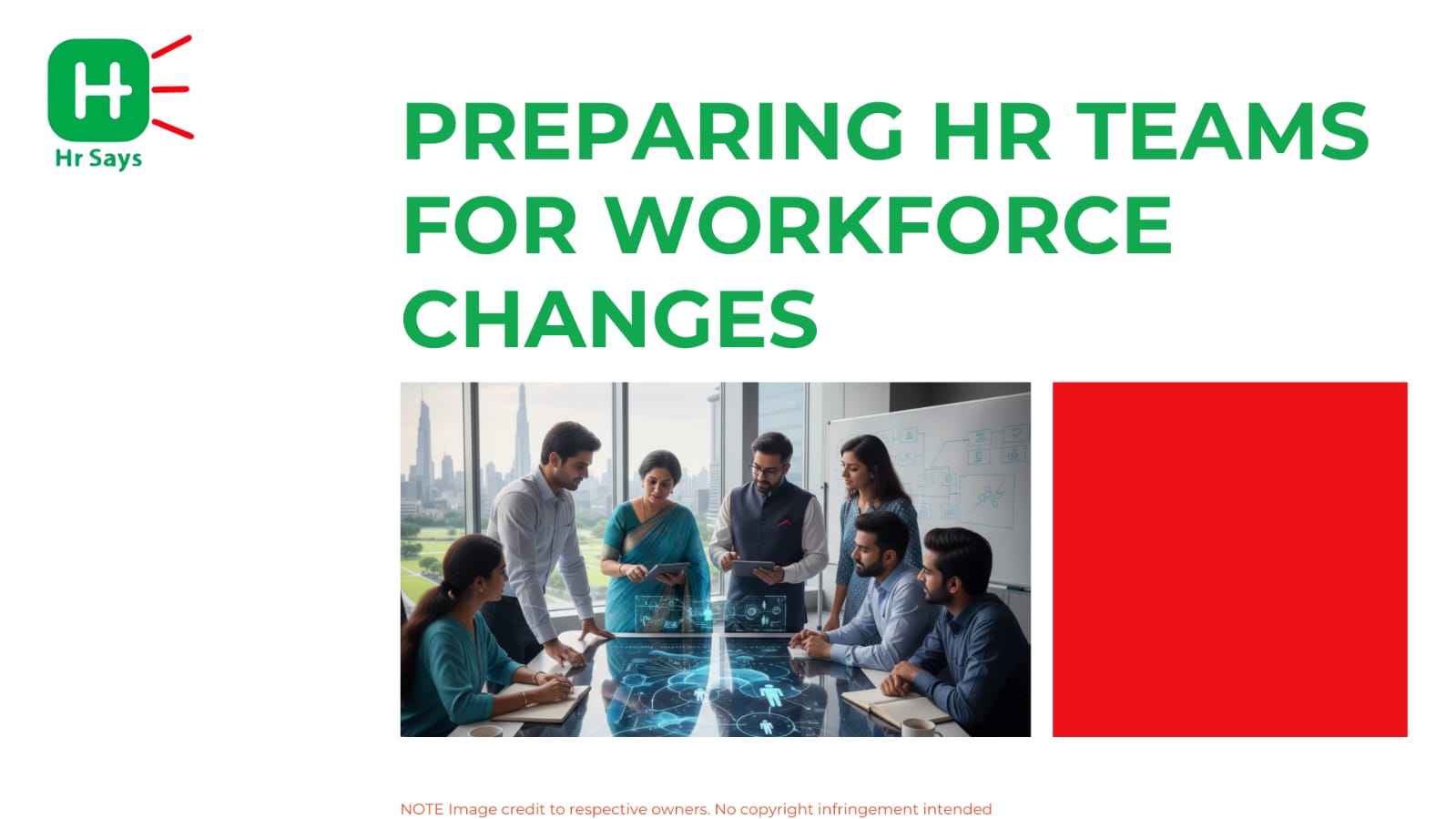
.jpeg)
.jpeg)
.jpeg)
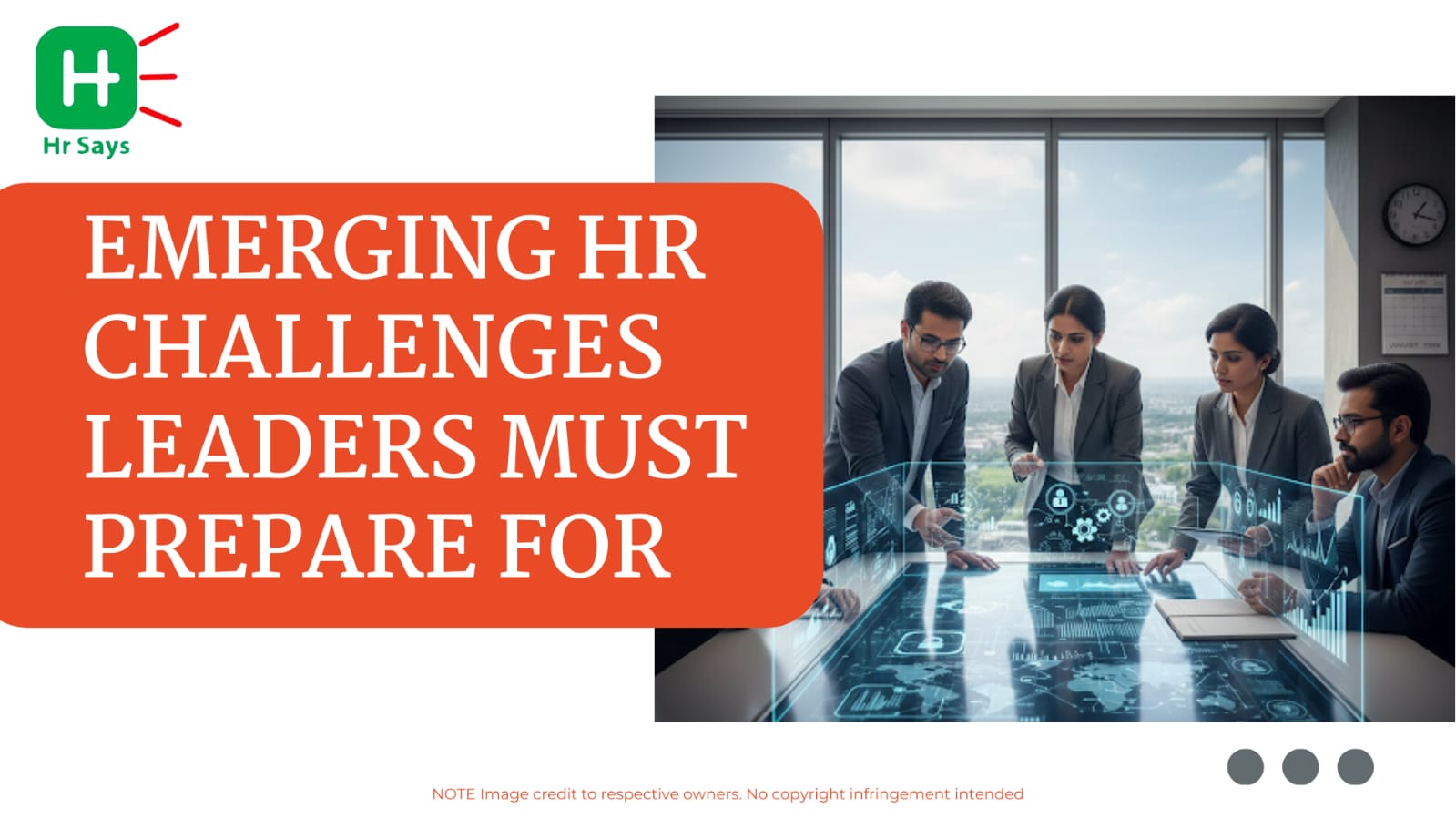
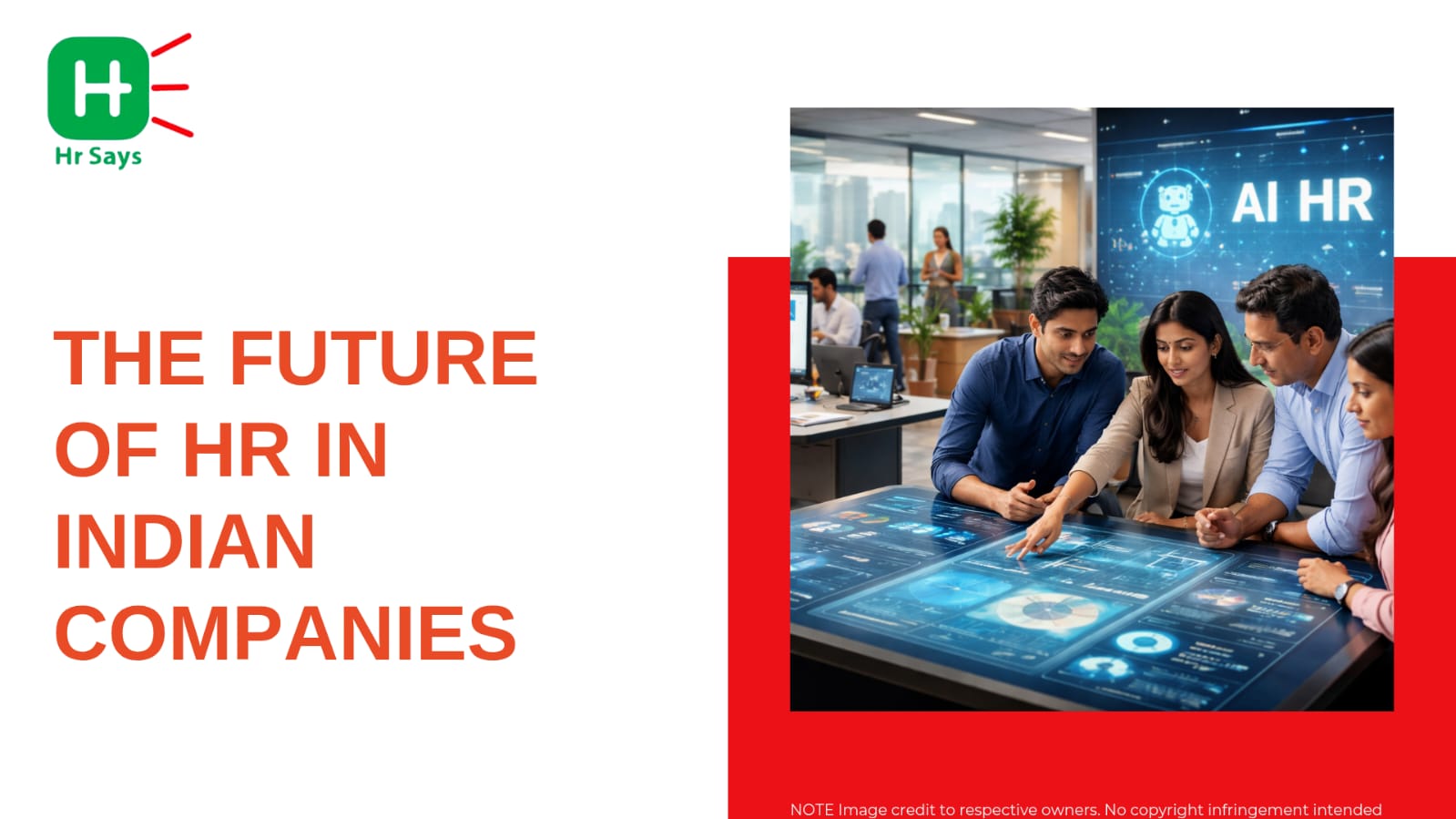
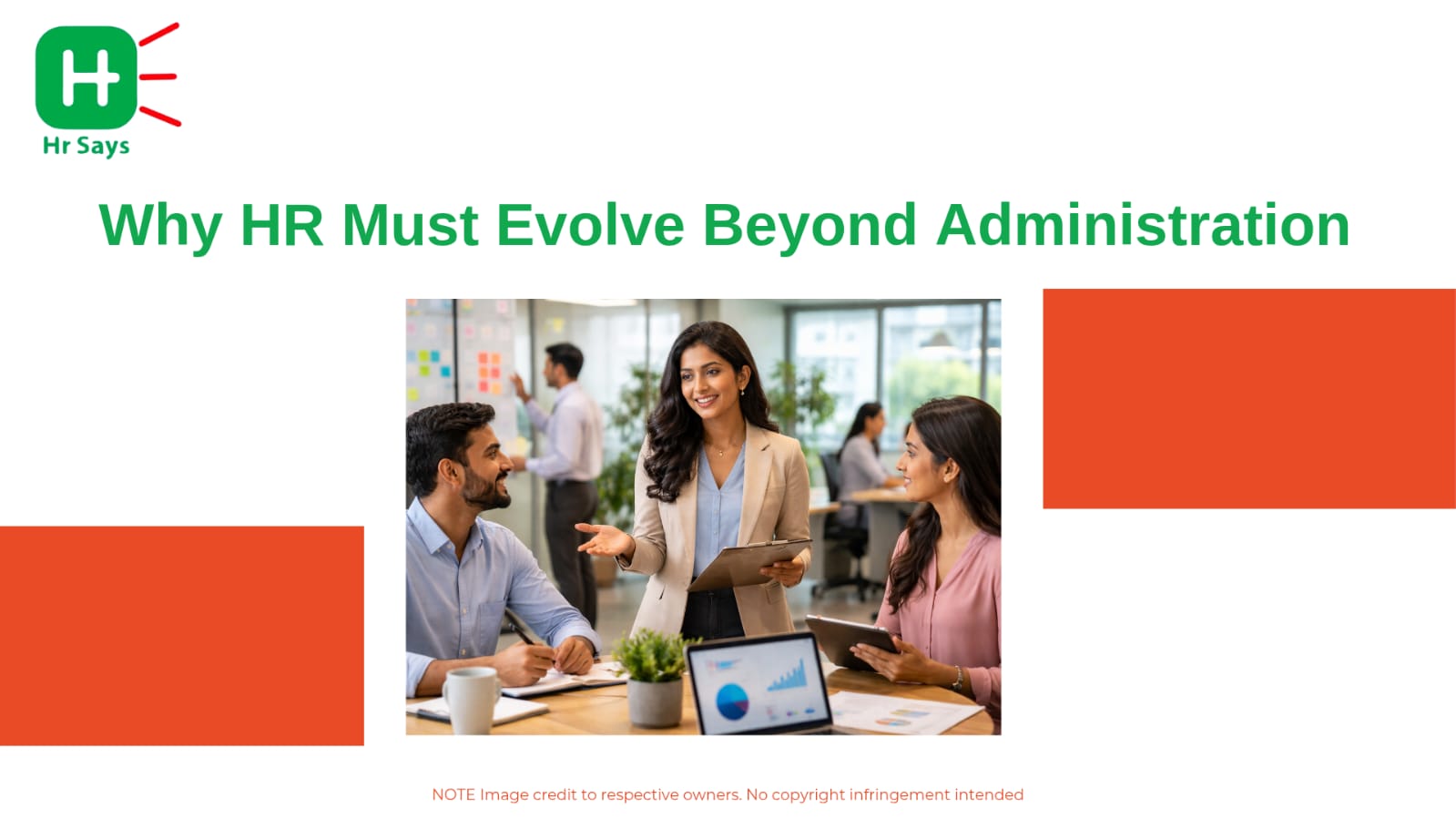
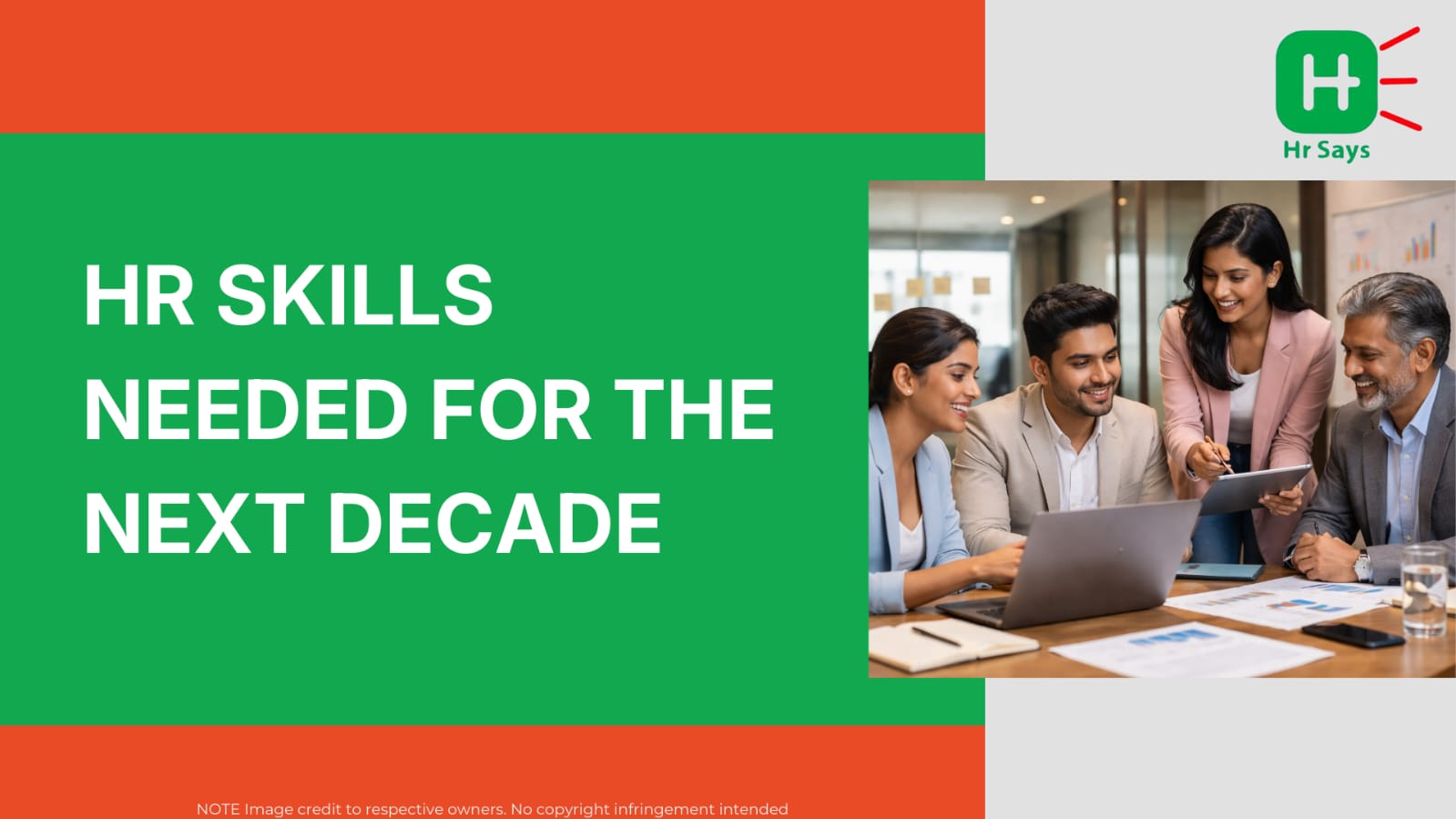
.jpeg)
.jpeg)
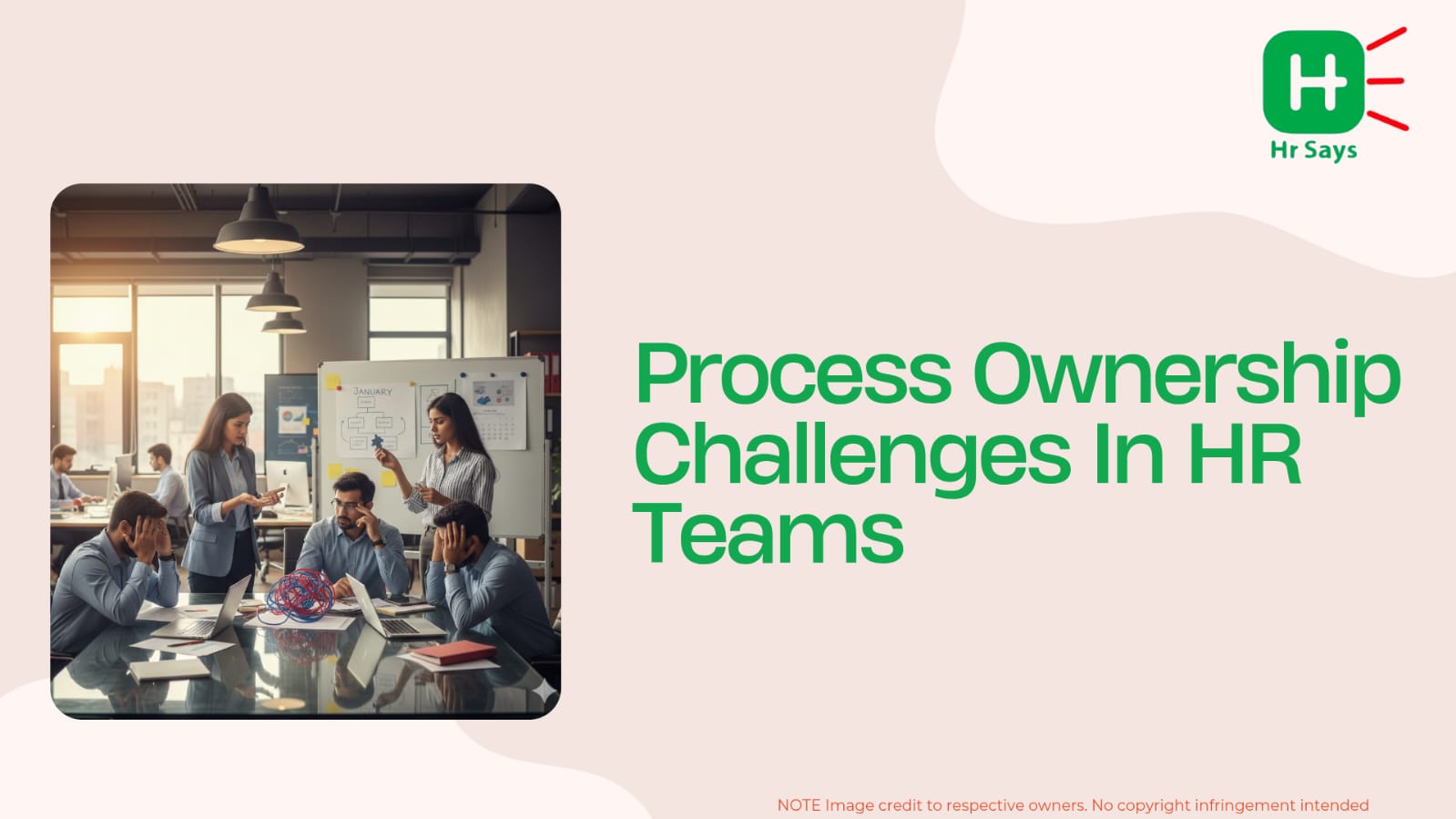

.jpeg)
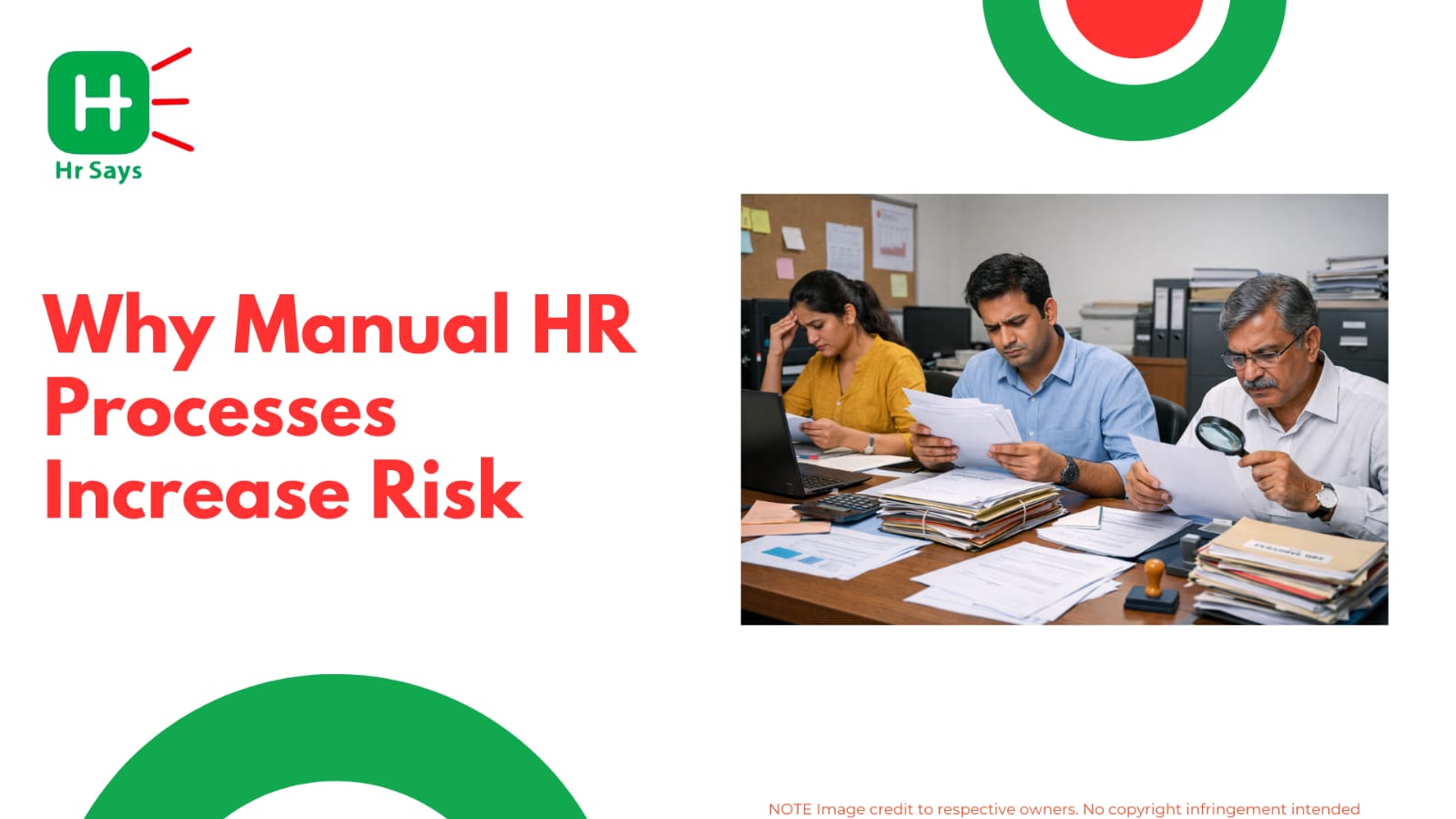
.jpeg)
